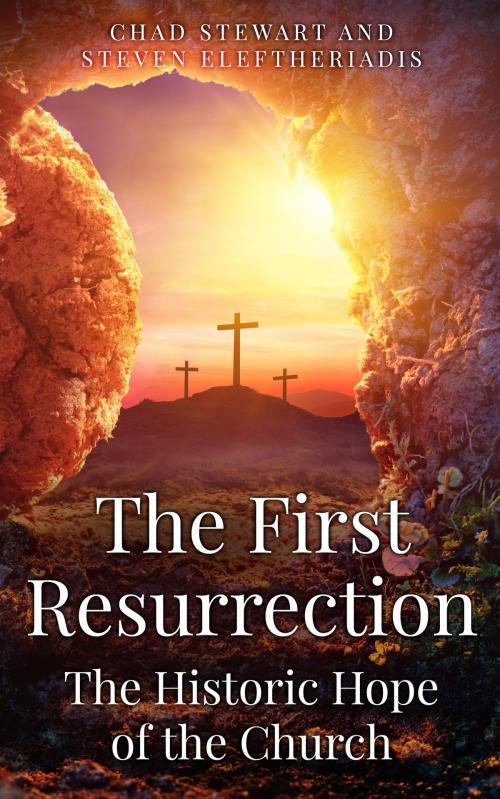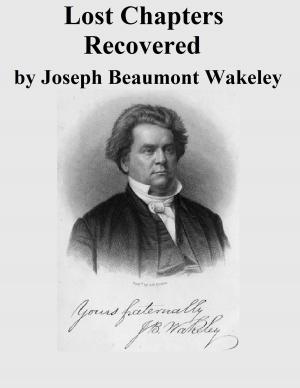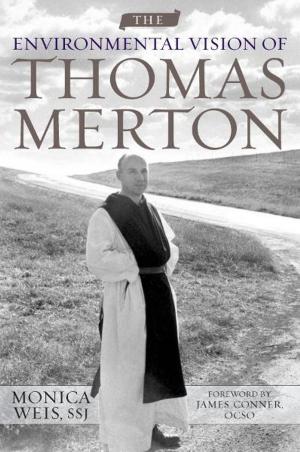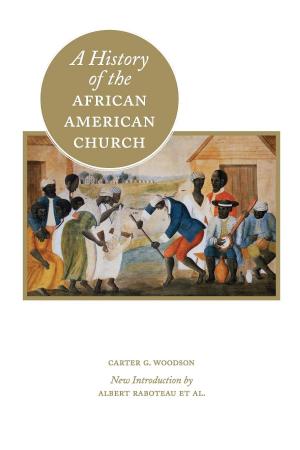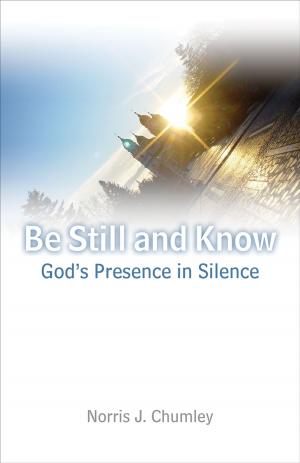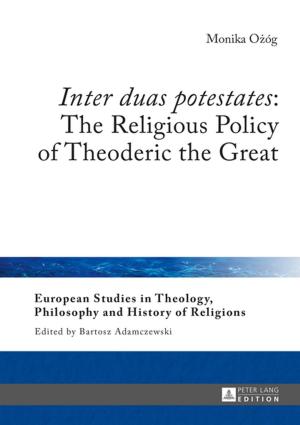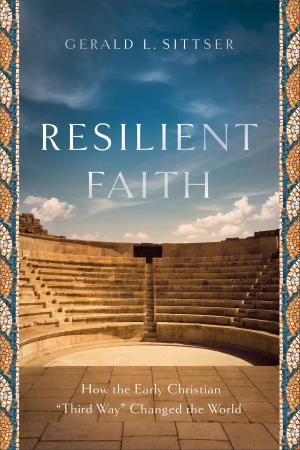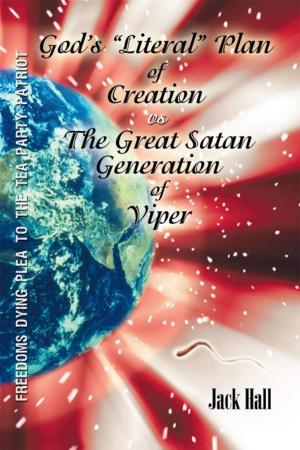The First Resurrection
The Historic Hope of the Church
Nonfiction, Religion & Spirituality, Christianity, Church, Church History| Author: | Chad Stewart, Steven Eleftheriadis | ISBN: | 9780995828872 |
| Publisher: | Millennial Word Publications | Publication: | April 28, 2018 |
| Imprint: | Language: | English |
| Author: | Chad Stewart, Steven Eleftheriadis |
| ISBN: | 9780995828872 |
| Publisher: | Millennial Word Publications |
| Publication: | April 28, 2018 |
| Imprint: | |
| Language: | English |
The Resurrection of Believers is a critical doctrine that has sustained the hope of Christians since the earliest days of the Church. According to the Apostle Paul the preaching of the resurrection of Believers is done, in part, to comfort weary Christians as they pilgrim through this present wicked world. This is why he instructed the Thessalonian church to “ … encourage one another with these words” about the Resurrection (1 Thessalonians 4:18).
In the last 150 years or so, however, there has been much confusion in evangelical circles surrounding this event. The confusion we speak of is not in regard to whether or not the Resurrection will take place, but rather when.
As we discuss these main points of contention, we will be focusing most of our attention on the Dispensational and Historic Premillennial views, explaining them in the light of Scripture. In the process we will also go through many of the writings of well-known so-called ‘prophetic’ teachers (those currently active, as well as those from the near and distant past), along with the testimony of many of the early church fathers to ascertain, by God’s grace, which position is the most biblical.
The Resurrection of Believers is a critical doctrine that has sustained the hope of Christians since the earliest days of the Church. According to the Apostle Paul the preaching of the resurrection of Believers is done, in part, to comfort weary Christians as they pilgrim through this present wicked world. This is why he instructed the Thessalonian church to “ … encourage one another with these words” about the Resurrection (1 Thessalonians 4:18).
In the last 150 years or so, however, there has been much confusion in evangelical circles surrounding this event. The confusion we speak of is not in regard to whether or not the Resurrection will take place, but rather when.
As we discuss these main points of contention, we will be focusing most of our attention on the Dispensational and Historic Premillennial views, explaining them in the light of Scripture. In the process we will also go through many of the writings of well-known so-called ‘prophetic’ teachers (those currently active, as well as those from the near and distant past), along with the testimony of many of the early church fathers to ascertain, by God’s grace, which position is the most biblical.
